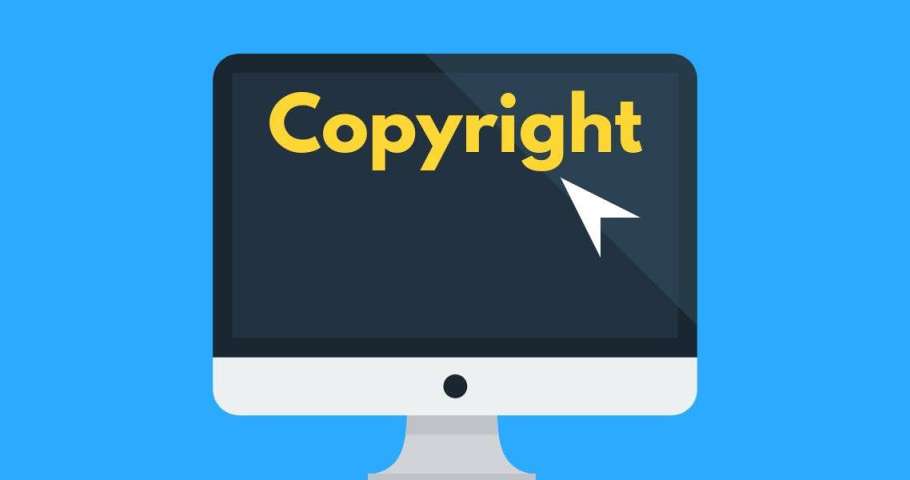Patent prosecution is an iterative process and it is during this process that the applicant often changes the language of their proposed claims. The doctrine of prosecution history estoppel, formerly known as file wrapper estoppel has been defined as an equitable tool for determining the scope of patent claims. This occurs when an inventor amends the patent application by narrowing the claims during the course of patent prosecution to overcome a rejection. It has received a great deal of attention…








